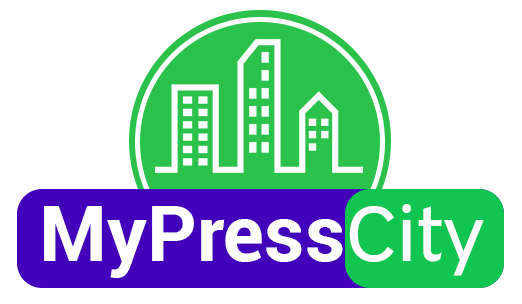Author Speaks On Becoming A Serial Entrepreneur & Building A Brewed Coffee Culture In Nigeria

Author, lawyer and serial entrepreneur, Richard Ali just opened his third business Tigray Coffee, a brewed coffee service, targeted at urbane and young Nigerians aged 18 – 35 years with the intention of building a culture and community of brewed coffee lovers, supporting local coffee farmers, and promoting social impact development in its host community.
Sourced from the Mambilla Plateau of Taraba State, Tigray Coffee is 100 per cent Naija grown. Its Kwararafa Light Roast, named after a pre-Nigerian kingdom situated around River Benue, offers a unique taste and aroma peculiar to the region, and different to other coffee brands.
The name Tigray, named after a region in Ethiopia, its vibrant colours of red, green and yellow, and its symbol – the head of the lion, is significant of the brand’s continental outlook.
Ali speaks to LEADERSHIP BOOKS & ARTS how he became a serial entrepreneur, the qualities of a serial entrepreneur and how these apply to his current venture – Tigray Coffee.
For Ali, entrepreneurism is ingrained in his DNA, from his early years of watching his mother sell ice block from a storefront in their family house in Kano during dry seasons. However, it is also a matter of a need to add value to society, and to provide a sustainable and economic stability to creative ventures.
“I found that creative platforms have no business model for their sustainability. Quite often we see that a lot of these once glorious platforms that start out well, do not last because they were dependent on the efforts of an individual or small group of persons.”
Ali came up with a creative business model which has successfully sustained his publishing outfit – Parresia Publishing, and Parresia Publishing Hausa Translations Committee, and is the same for which Tigray Coffee is modeled after.
“A business model for the creative economy identifies who the stakeholders are, which makes their engagement possible. Next, it determines our market, which further determines our market strategy, and then, finding the unique proposition we are offering. There is also room for additions to the model,” he said.
With Tigray Coffee, the business model is expanded to make room for the social impact strategy.
Currently, Tigray coffee sources its coffee beans via agents who act as middlemen with smallholder farmers in Gembe, Taraba State. With the coffee supply from Plateau State less reliable, it is working with a Nigeria-Brazilian Biotechnology company to operate a model farm in Plateau State scheduled to take-off in three years.
This strategy not only ensures it adequate supply of coffee but to support and enhance education in its host community and employ young graduates of the community into the business within the next seven to ten years.
“Often times, we do not think of development in terms of social impact. We think of it as purely economic. We (Tigray) don’t want to disrupt the smallholder farmers. We don’t want to buy all their land and have 100,000-acre farm. We want to work with them in a way that (they) produce the best quality of coffee beans and still maintain their independence. So, we intend to work with community to see how we will upgrade these schools, motivate the teachers, provide schools for them. So, we are not merely extracting coffee but playing a role in the future of that community,” said Ali.
A unique factor of Tigray Coffee is its capacity to de-elitistize coffee by making the beverage accessible and affordable for all Nigerians at the price of N1500 to N1700 a cup compared to the current market price of N3000 per cup; and similarly entrench a brewed coffee culture via the onboarding of Nigerians to its easy-to-use, affordable, three entry level coffee machines system – the Mocha Pot (TGR101), the Fringe Press (TGR171), and the Chemix (TGR151), all available with attached coffee packs at the cost N11,000, N9,000, and N14,000 respectively.
“We want coffee to be as Nigerian as Fela, adire and the talking drums. We intend to have cafés all over the place the same way we have fast-food places but with a certain quality. We don’t think coffee is an elitist thing. It is aspirational and cultured but we want to de-elitistize it in a way that it is accessible to those who would otherwise be excluded by the high prices and café locations. If we are able to onboard as many people as possible, then, they will come to the cafés as opposed to just building cafés, which is not adding value because it is more of a putting the horse before the cart, or the café before the coffee so to speak.”
For Ali, entrepreneurial possibilities are limitless, with enough room for Tigray and its local coffeemaker competitors. The key, he said, is to offer customers a unique proposition, and share one’s ideas for them to become a reality.
“The tendency is to treat our ideas like a baby, and then smoulder it to death. Although it is counterintuitive, but when we share our ideas with the people in our network who share our vision, the idea becomes more than that of one person. By scanning our network, we often find therein the funding or influencers that will translate these ideas into reality.”
Source
mypresscity




